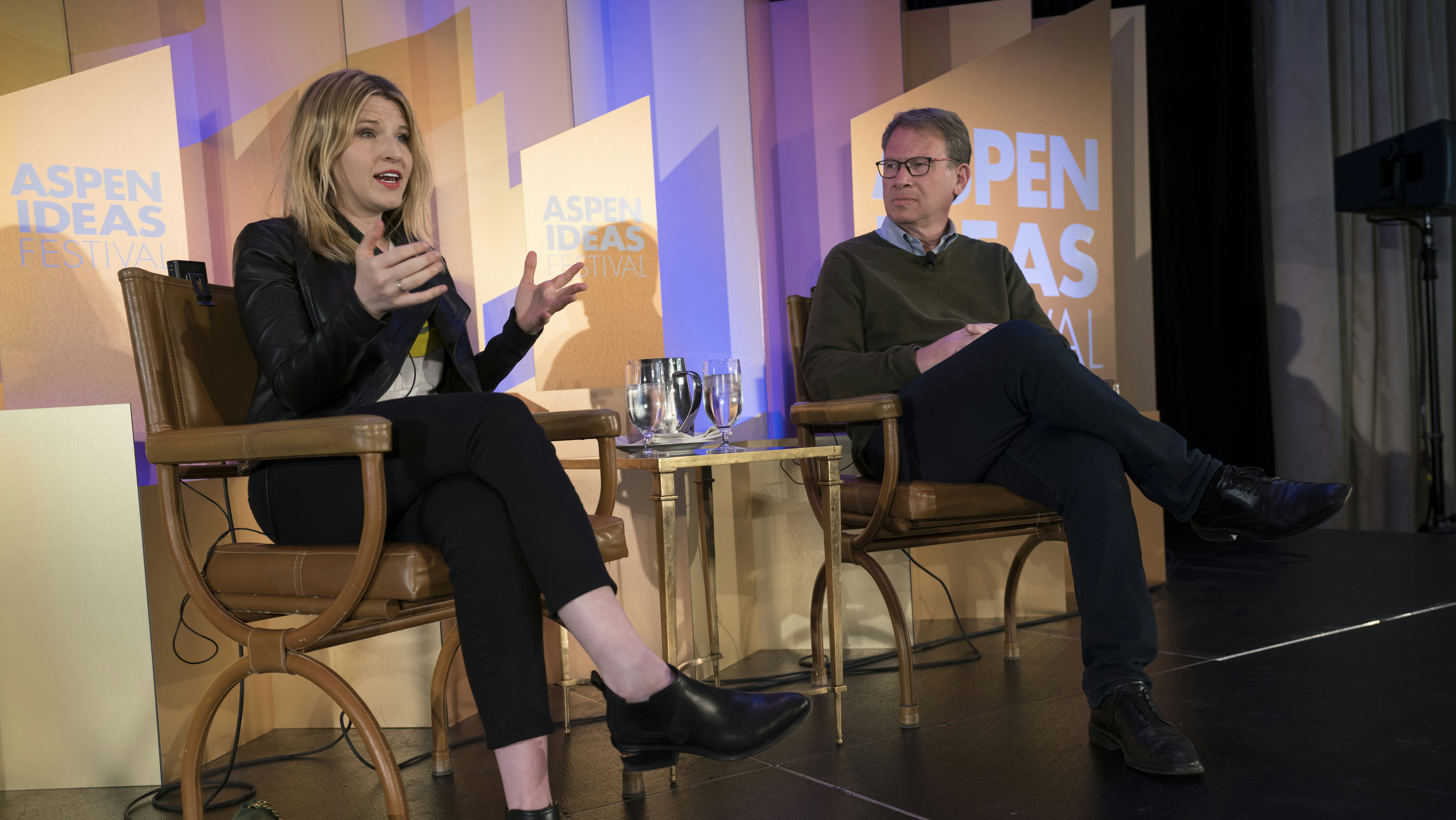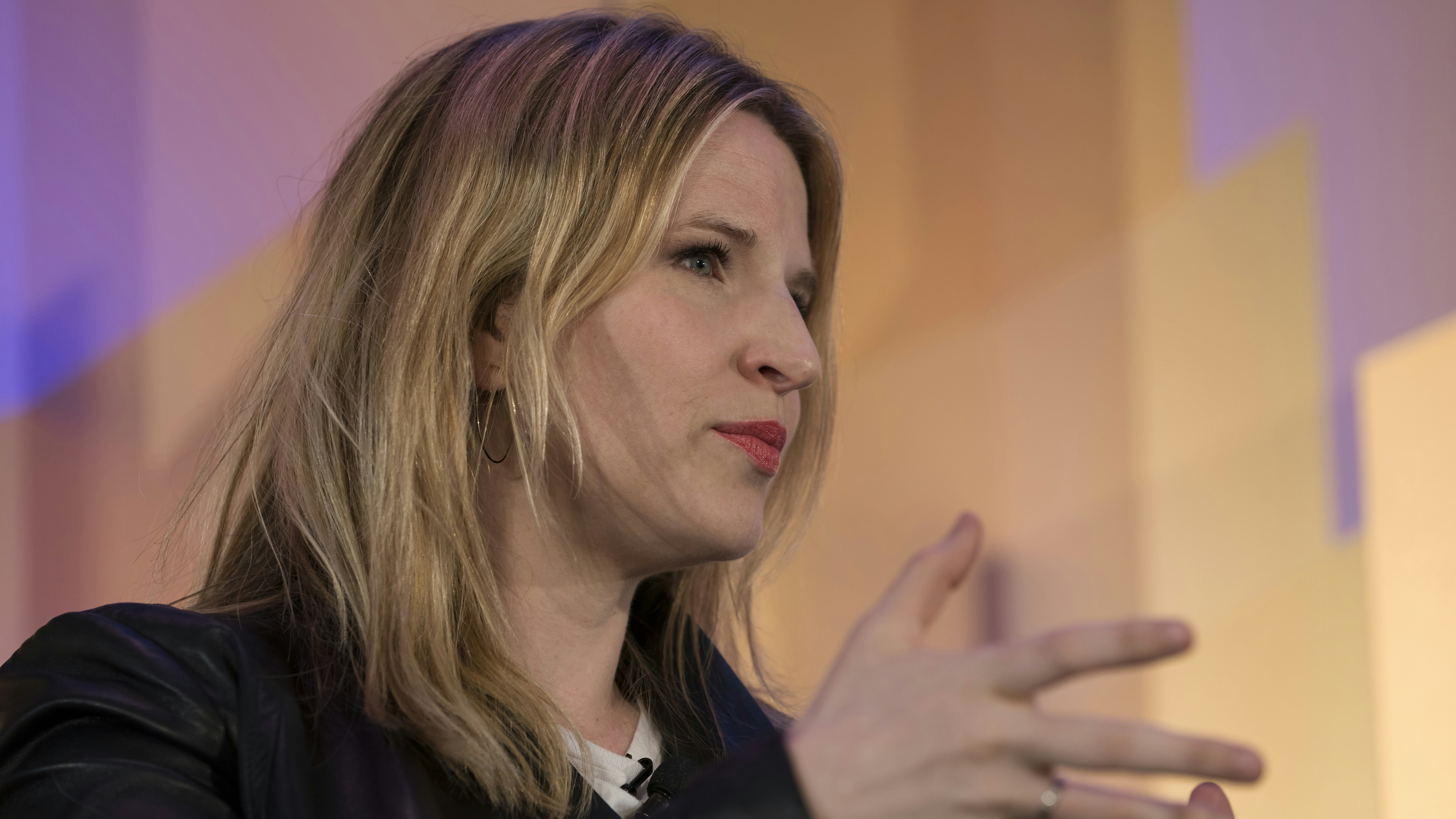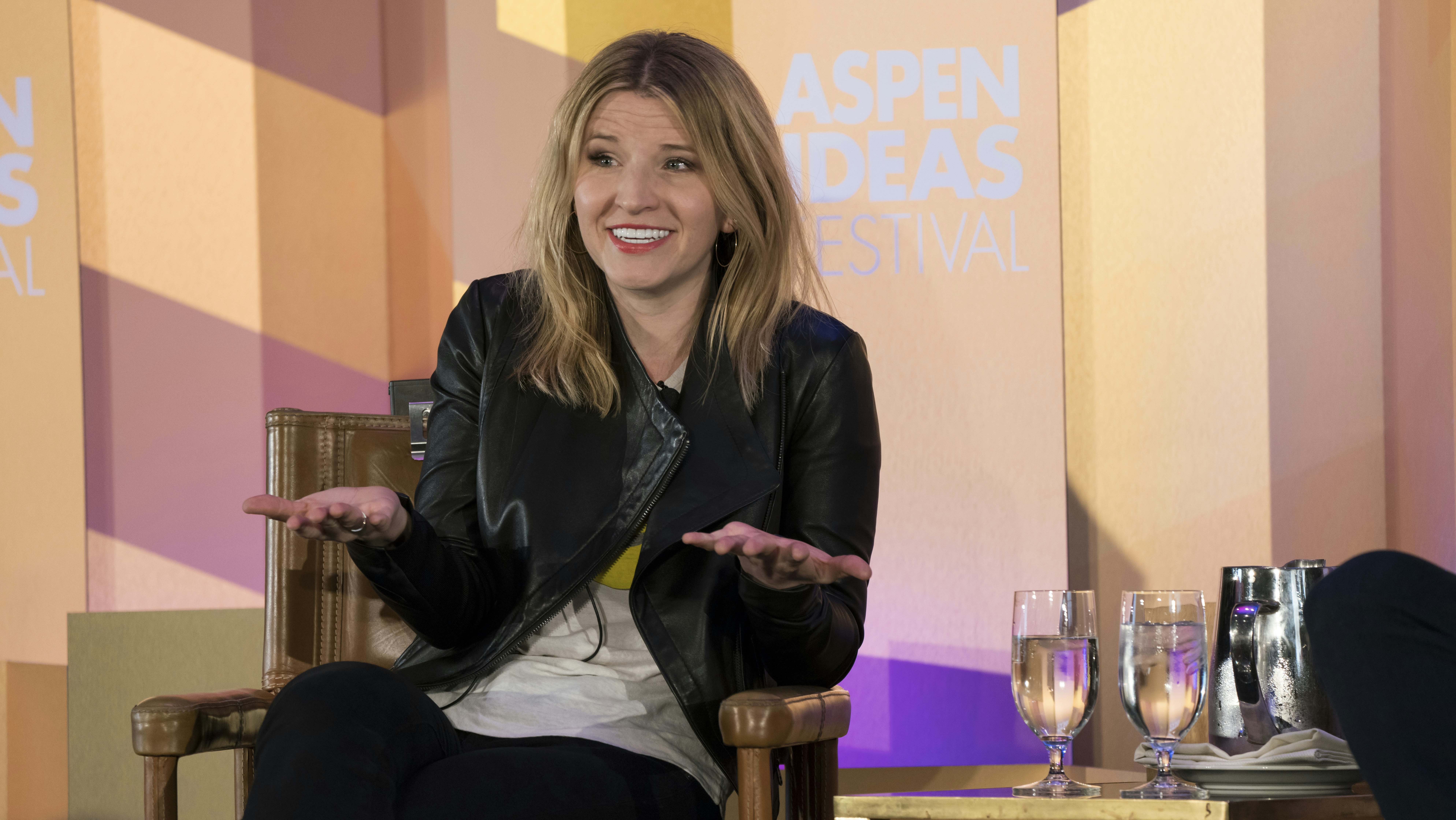
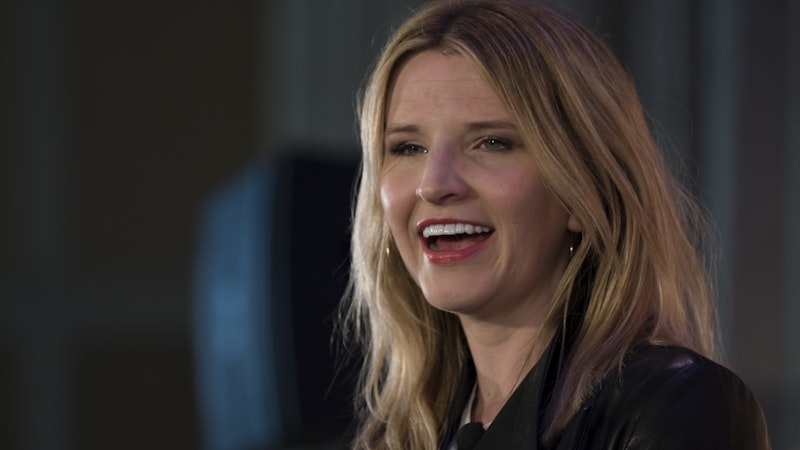
Educated: A Conversation with Tara Westover
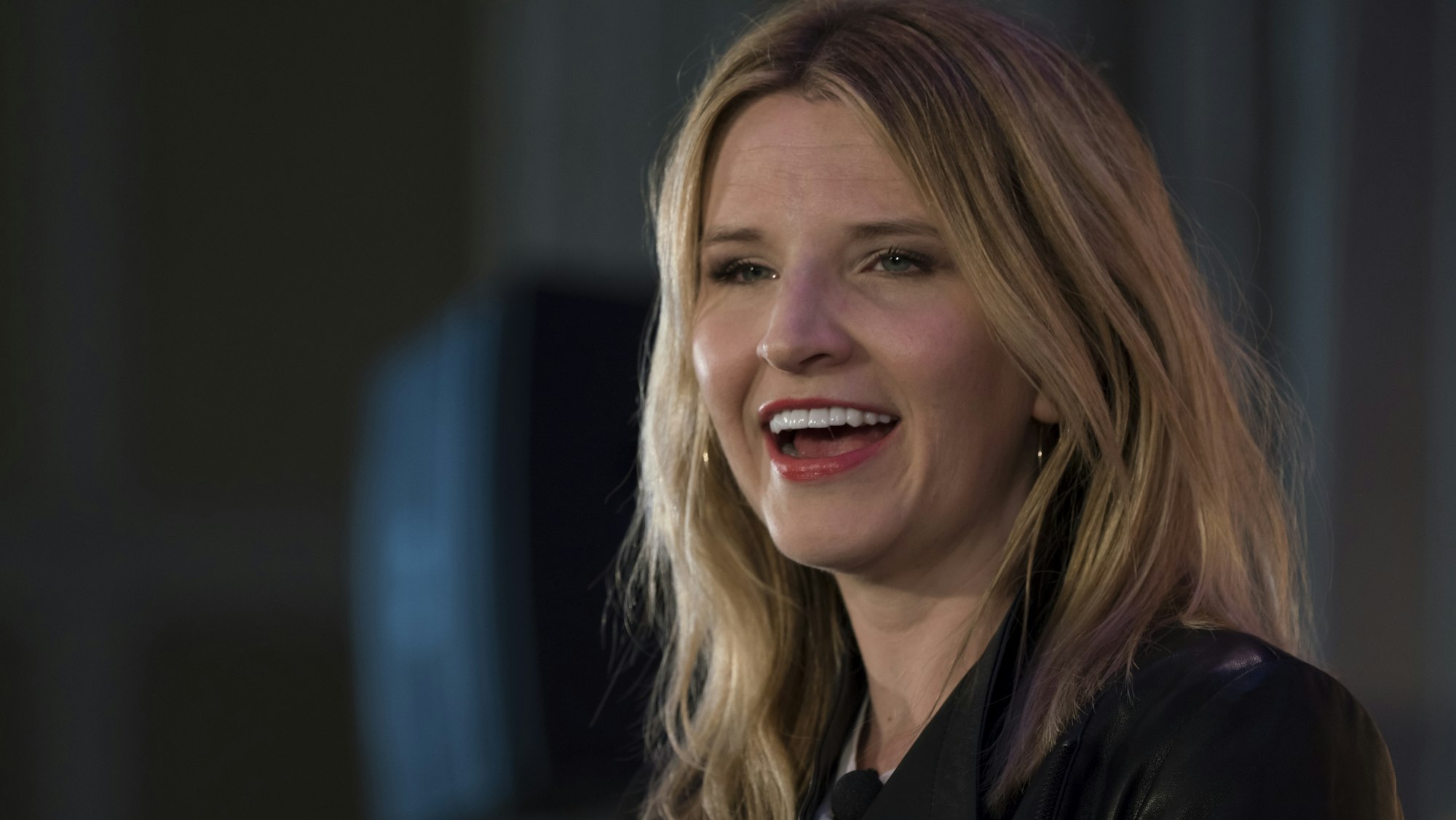
Education should change you, it should absolutely change you.
Setup
Raised by uncompromising survivalists in the mountains of Idaho, Tara Westover survived extreme adversity, from never being allowed to go to school, to suffering serious physical injuries (and a dad that prohibited doctors or hospitals), to being at the mercy of a volatile and often abusive older brother. How did she not only make it through this childhood, but ultimately achieve success at the highest levels? How does she look back on her childhood and her family? What has she learned from her incredible and improbable journey?
How to relate to a junkyard childhood
Author Tara Westover’s life has been anything but normal, and her autobiography Educated shows that in spades. What lessons can the everyday reader, who probably grew up going to doctors and not working in a junkyard, take from such an extraordinary story? Westover explains how she hopes readers see themselves in her place:
“If someone reads the book and sees their father instead of my father… I’m OK with that,” says Westover. Westover wants Educated to be a filter that allows people to see her experiences as their own.
Telling your own story means telling someone else’s too
“It’s an old curse: May you have a writer in the family,” says interviewer and editor of The Atlantic Jeffrey Goldberg. Even as Tara Westover is thousands of miles away from her childhood home in Idaho, her family still remains front and center of her story in Educated. Westover talks about how she became comfortable writing about her family, the good and the bad:
Less condescension, more education
Education, and especially higher education, has become a cultural statement. A college degree has immense financial payoffs, but some are loathe to wade into a culture that often looks down on those outside of it. Jeffrey Goldberg and Tara Westover discuss how to make the idea of higher education palatable to all Americans:
This excerpt has been lightly edited for clarity
-
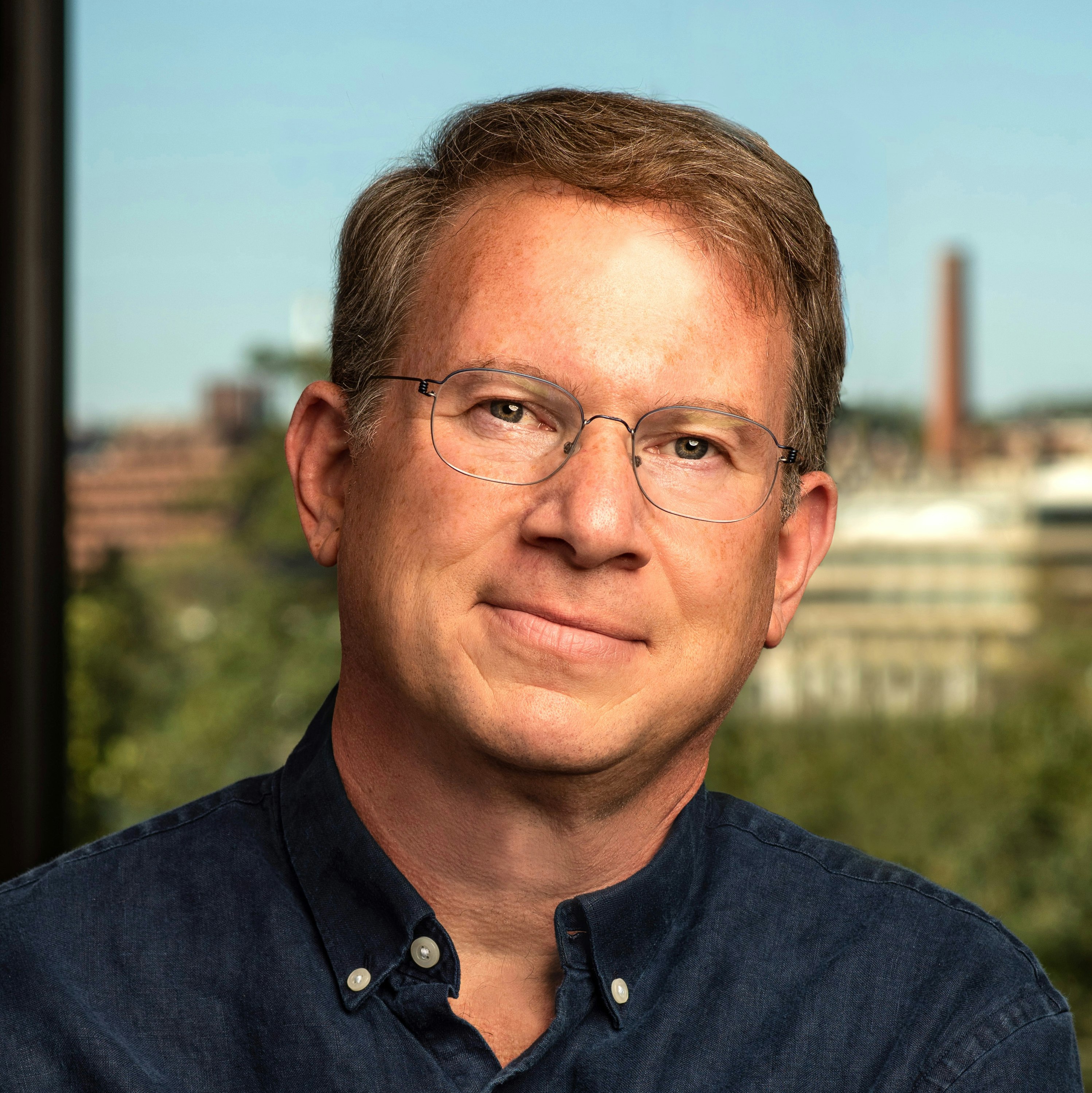
Jeffrey Goldberg: How do you suggest the value of cosmopolitan education, enlightened education, whatever you want to call it, to people who are afraid of what the downstream effects might be?
-
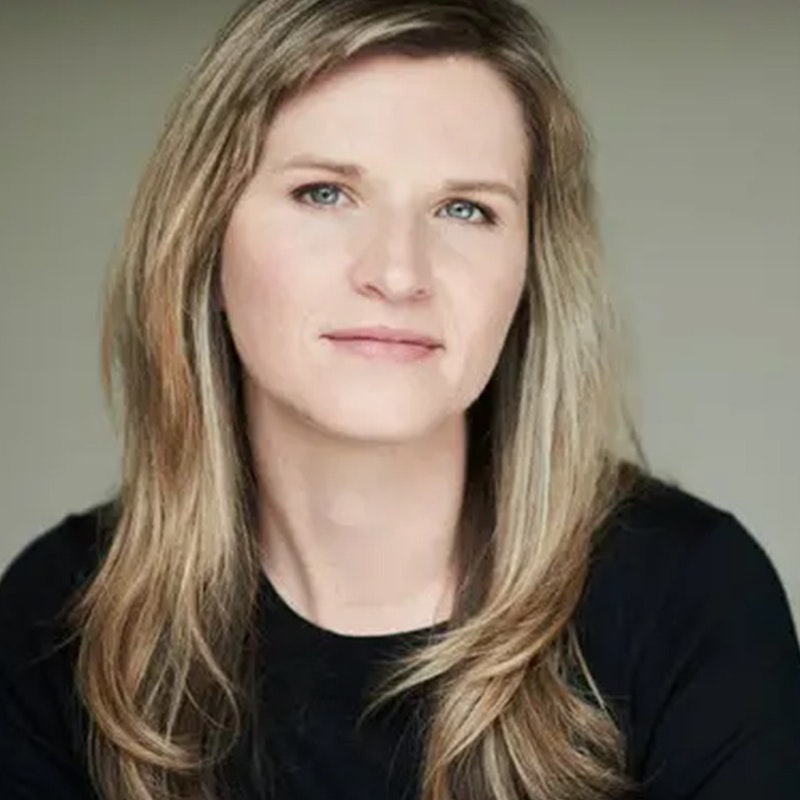
Tara Westover: I think you have to take the condescension out of it. We have allowed education to become an identity, almost. We’ve allowed it to be something that some people get a lot of access to, and that a certain kind of person gets, and a certain kind of person doesn’t get. In a lot of cases, we have allowed our education to putrefy into arrogance. Education should change you, it should absolutely change you. Most parents, even if they knew it might cause some change to their kid but it would also open up a world to them, would choose education — even rural people. But I think when you add that contempt into it, that’s when it becomes a different animal. And I don’t necessarily blame them for not wanting their kids to become contemptuous of them.
Tara a capella: listen to the power of music
The first time Tara Westover heard opera, it changed her life. Opera has to be taught in a formal, regimented way, and it made Westover realize the value of education that didn’t come from her parents. Music is what motivated her to go to college, and music is still a grounding force in her life. Take a minute, put some headphones on, and listen to her singing voice:
Learn More
Additional Information
Resources
Educated: A Memoir by Tara Westover
Explore More
Arts


Being a parent today is full of stress, pressure and information overload. Experts offering advice are everywhere, and for some parents, the wealth of available resources can...

Capitalism has delivered prosperity for many, but not for all. Disparities according to gender, race, and geography have left millions behind, while rising concentrations of w...


The quest for work-life balance is never ending for many of us. The advice in this talk from the 2023 Aspen Ideas Festival still holds a lot of relevance, so we’re bringing it...

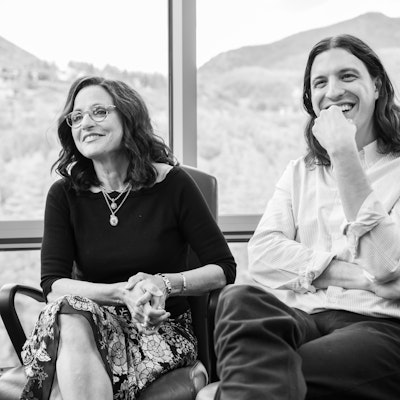
Julia Louis-Dreyfus has kept us laughing for years in her roles as Elaine Benes in “Seinfeld” and Selina Meyer in “Veep.” But her most recent work has her shifting from comedy...


Living as a trans person in America comes with its share of challenges, which are sometimes even life-threatening. But some say it can also open up access to incredible freedo...


It’s a tough time to try and express the complexity of life honestly. Writer Chimamanda Ngozi Adichie doesn’t shy away from truth-telling and believes we should all step up an...

Global conflicts and health crises have put into stark relief deeply-ingrained gender roles in society. Yet the past years have also seen record-high numbers of women running...


Creativity is as intrinsic to our species as any of our basic instincts, says Debbie Millman, designer and curator. But for millions of people in the United States, the abilit...


The entertainment industry has had to pivot and refresh time and again to adapt to constant changes in format, business models and attention spans. Somehow, producer Brian Gra...

The people in our lives shape who we are. But great relationships don’t just happen — they take care, intention, and ongoing effort. How do you know when to let go, adjust exp...


Advances in medicine and healthy living mean that more and more people will live to be 100. But just because their bodies can last doesn’t mean their bank accounts will keep u...


In the early days of cable television, there wasn’t a single network aimed at Black audiences. Sheila Johnson and her husband at the time saw an opening, and put all their hop...

Of course, Black history shouldn’t just be a month-long nod on our yearly calendar — it is inextricable from American history and fundamental to the very soul of our nation an...


Owning a professional sports team is not for the faint of heart. Results are volatile and wins and losses come with the strong emotions of a city’s fan base. But it’s a sound...


Looking around and experiencing the suffering and injustice in the world can make it difficult to believe that happiness exists. But the Judeo-Christian tradition teaches that...


Millions of children across America don’t have art classes in school and don’t grow up going to art museums and galleries. They might be hours away from the closest museum, or...


This episode is from the 2022 Aspen Ideas Festival, but we’re bringing it back because it’s still as relevant as ever. Though it can sometimes feel like conflict and discord i...

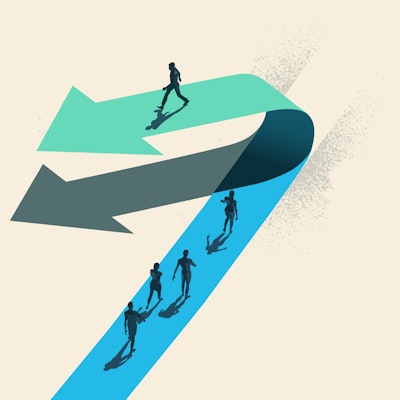
Sir Ken Robinson believed that as a society, we tragically underestimate and underutilize human ability. We create linear systems for our minds modeled on industry and manufac...


Young people in America are struggling. The causes are varied and may not be entirely clear, but the results are unfortunately unmistakable. Many of our youth feel lonely, iso...


Many more Americans are struggling to survive and make ends meet than is typically portrayed in the media and public policy debates. And when poverty is depicted, harmful and...








